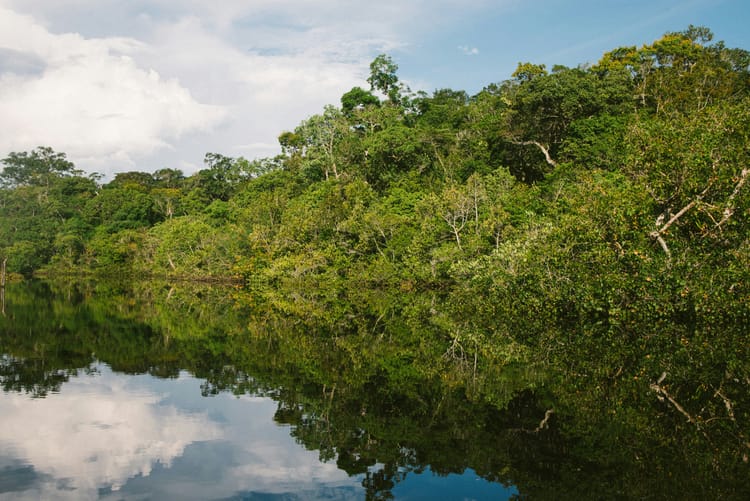Businesses and NGOs urge UK government to maintain Biodiversity Net Gain scope
"Weakening BNG at this pivotal moment would be a step backwards for both growth and nature’s recovery."

Businesses including Bidwells, Wates Group and Triodos Bank, as well as environmental NGOs, are urging the UK government to maintain the current scope of the Biodiversity Net Gain scheme after recent proposals to exempt small developments.
In an open letter addressed to Prime Minister Keir Starmer, the 27 organisations warn that removing small and medium-sized developments from the BNG scheme – which requires infrastructure project developers to offset biodiversity loss through nature recovery investments – would represent “a weakening of the policy”.







